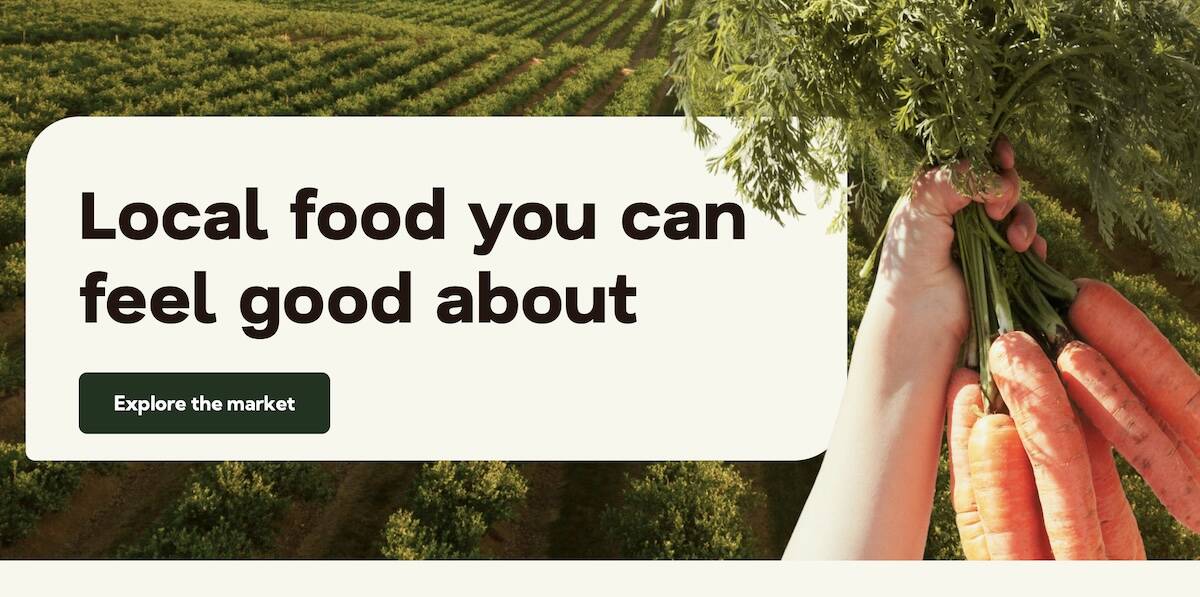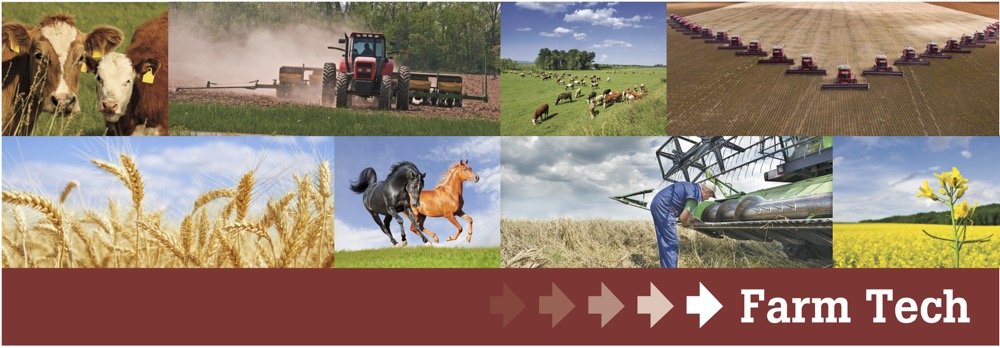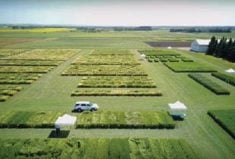Watch your language.
That’s the advice of Ted Menzies for dealing with people who are fearful of modern farming practices.

“We all face this challenge, it’s very complicated to explain,” said the president and CEO of CropLife Canada, an organization which represents the plant biotech sector.
“We lead a very scientific life on the farm, but the one message we tell people is don’t push back with science. You will never win.”
Instead, producers can appeal to consumers by explaining what they do on the farm, and how they are going to leave the farm to their children and grandchildren.
- More from FarmTech: Look past farming — you’re in the food business
“Tell them what you do is sustainable,” Menzies told FarmTech attendees. “That is the key buzzword right now. Tell them that what you’re doing now, you will continue doing, and your children will continue doing. Tell them you can produce more with the methods you are using now.”
Read Also

Taking the farmers’ market online
Two Albertans, who have a cow-calf operation near McRae, had the idea to create Arvo, an online farmers’ market, after being unable to find beef from within their own community.
While most people know very little about farming practices, pointing out their lack of knowledge shouldn’t be the opening line in the conversation.
“We have a good-news story to tell about how our farms have improved, how they’re productive, and how we are protecting the environment,” said Menzies.
Start by sharing your story with non-farming family and friends, he said.
“Show them why farmers do what they do. Show them a bit of investment. Show them the family.”
Social media has been a powerful tool to teach people about farms. CropLife members are also reaching out to food retailers and wholesalers and bringing them onto farms, so they can see how working farms operate.
While they shouldn’t rely on the science, producers might want to know some of the facts about agriculture’s good-news story, said Menzies. Among them:
- Canada is one of the top 10 food exporters and exports food to more than 150 countries.
- Plant biotechnology has reduced the cost for groceries, saving a family of four about $4,000 a year.
- Technology has increased productive land, allowing more space for wildlife and wetland conservation.
- Canada has been working to develop drought- and salt-tolerant crops, which could have an impact on countries all over the world.
- Many new crops have consumer benefits.
“The non-browning apple, which has a consumer benefit, will be released with little push-back from the public,” he said. “My first observation is that it’s a benefit to the consumer, with nothing to gain for the farmer or the orchard. It’s the same apple, but there will be less waste.”
But even Menzies couldn’t resist playing the science card, saying the World Health Organization has catalogued 1,783 studies about genetically modified organisms and none found any negative environmental or health effects.
But his main message was to change the conversation.
How? By being positive, sharing your beliefs, and being proud of what you do.
“Work together as farmers and as farm groups. The more people saying the same thing, the more likely it is that the message will get through. Be proactive and encourage people to come out to your farm.”
















